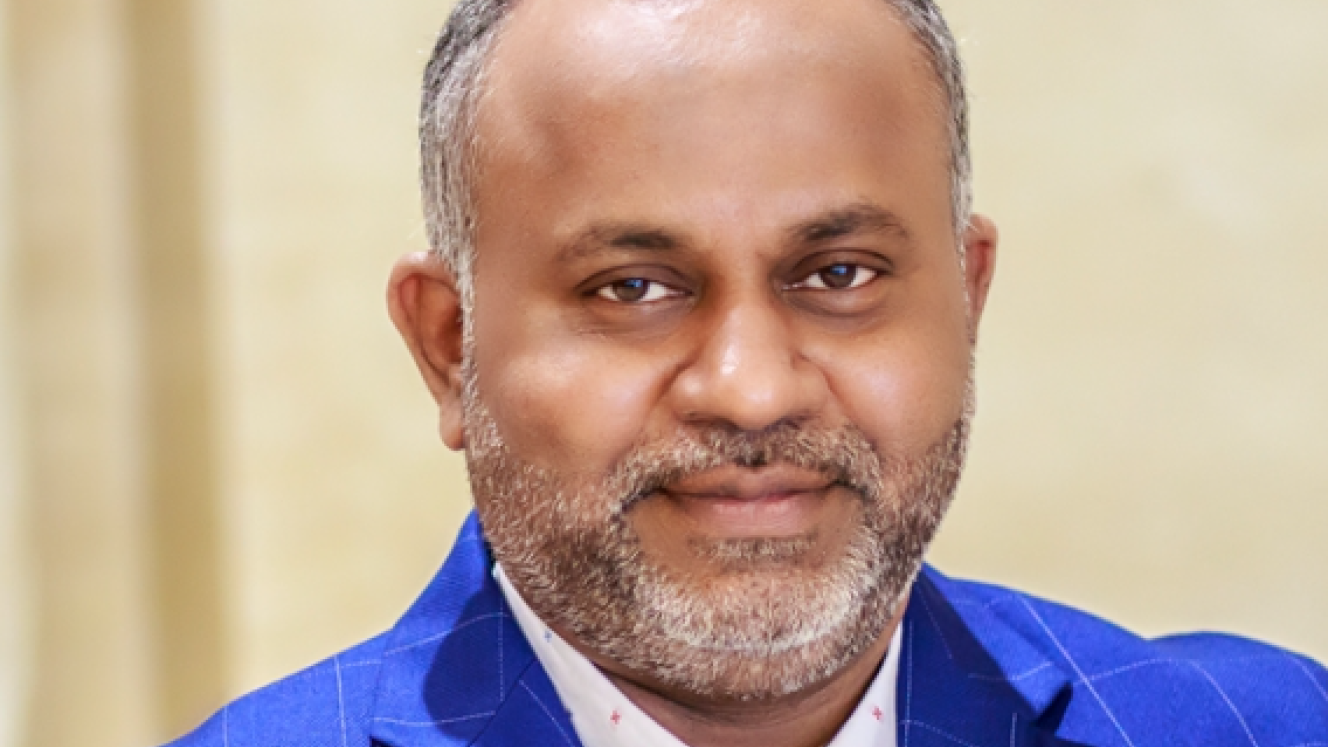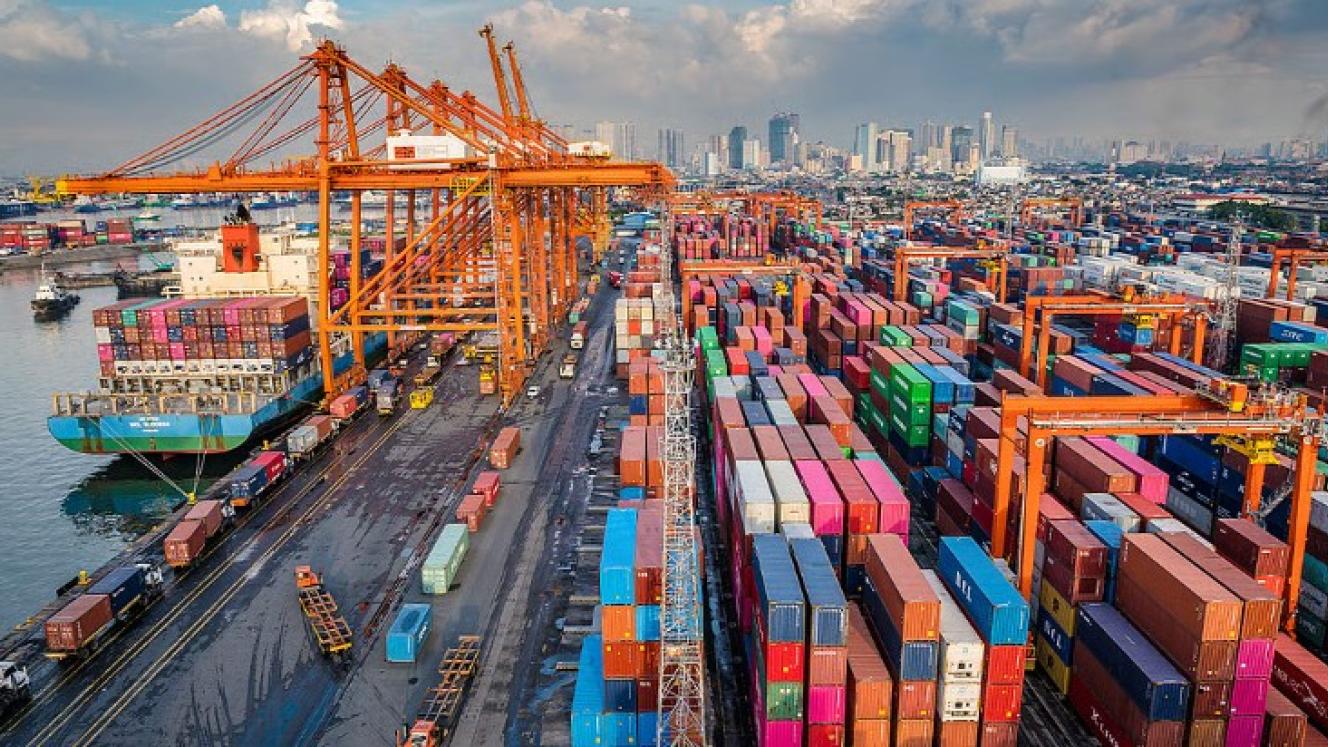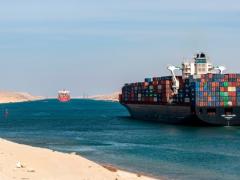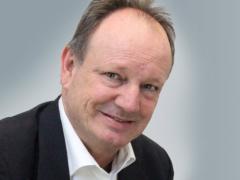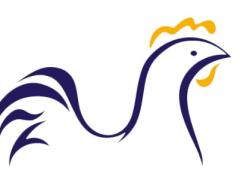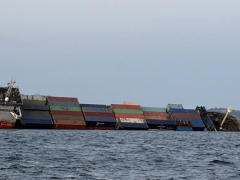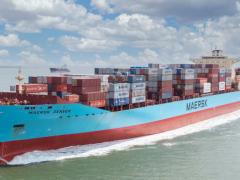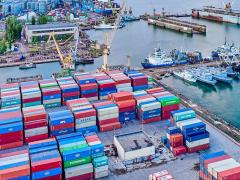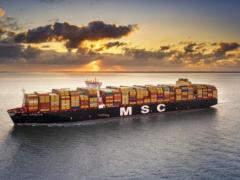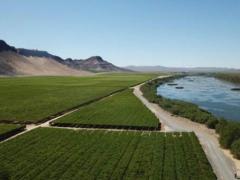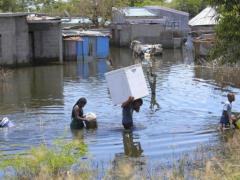KwaZulu Natal is positioned to be a manufacturing gateway for niche halal products to supply the growing US$6.3 trillion market in Africa and across the rest of the world.
On Tuesday, KwaZulu Natal MEC for Economic Development, Tourism and Environmental Affairs (EDTEA), Ravi Pillay, told the Trade and Investment KZN Investment Indaba and World Halal Day Conference in Durban that at least 12 000 jobs had already been created by taking advantage of the growing Muslim and non-Muslim markets for halal products.
He said 55-60% of the KZN economy was located in eThekwini, which had infrastructure that gave it a competitive advantage to manufacture halal products. His department is already in discussions with international and South African-based companies to explore ways to further meet the growing demands of this market.
It was open to all South African manufacturers, he said, provided they understood the criteria to supply the halal market. “The halal sector has created more than 12 000 jobs in the space of three years. KZN is indeed open for business in the halal market and is best positioned to cater for the niche market needs.
“The opportunity won’t be taken for granted but needs to be nourished. As South Africans, we have the capabilities to make and complete any product requirements of the halal market.”
However, he said firms needed strong partnerships to effectively deliver on the key requirements. He said the halal market presented local manufacturers with product opportunities across at least 14 sectors that were aligned to the government’s Economic Recovery and Reconstruction Plan.
United World Halal Development chairman, Mohammed Jinna, said the halal industry had grown to US$6.3 trillion and there was a huge demand for products in South Africa.
He said the organisation was seeking the right investors for the growing market, which was no longer a solely traditional one.
“Halal is not only for Muslims, but mankind. The halal industry is expanding,” Jinna said.
Ebrahim Patel, a representative of Magellan Management, an entity responsible for positioning halal principles within the global halal industry, said the conference was a culmination of almost seven years of discussions.
He said the discussions had covered how the province could incorporate these principles into the local manufacture of many basic goods for Muslims and non-Muslims. “Halal gives consumers confidence that the strictest standards have been observed in the manufacturing and production of goods. This is not only isolated to food, but also includes cosmetic and pharmaceutical products,” Patel said.
